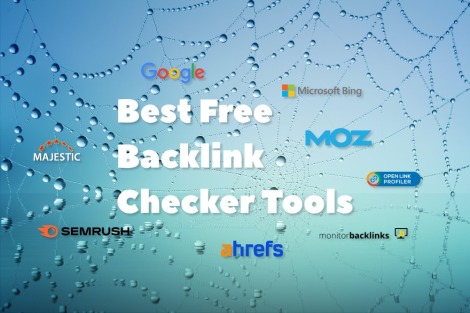CSS (Cascading Style Sheets) is a fundamental technology used in web development. CSS allows developers to control the presentation and layout of web pages, separate presentation from content and structure, and create reusable styles that can be applied across multiple pages. In this article, we will discuss the 9 advantages of using CSS in web development.

1. Separation of Content and Presentation
One of the most significant advantages of using CSS is its ability to separate presentation from content and structure. This separation improves the maintainability of a website. Developers can update and modify the website design without affecting the underlying HTML structure.
Let's say you have a website with a header, main content, and footer. Using CSS, you can create a consistent visual design for each of these sections while keeping the HTML code the same.
With CSS, you can even have multiple themes for the same content. For example, your website can provide a dark theme in addition to the regular one.
2. Consistency Across Pages
CSS also allows you to create a consistent visual style across multiple pages on your website. By defining your styles in an external CSS file and linking to it from each page, you can ensure that each page on your site has a consistent visual look and feel.
For example, let's say you have a blog with multiple pages. By using CSS, you can ensure that each page has a consistent design, including layout, fonts, and colors.
3. Greater Control Over Design
CSS provides web developers with a wide range of design options, which allows for greater control over the appearance and layout of a website.
For example, you can use CSS to create custom layouts and styles that may not be possible with HTML alone. One example of this is the CSS Grid, which allows you to create complex layouts with ease.
You can create animations and transitions to add interactivity and engagement to your website. You can also change the positioning of elements, add borders, backgrounds, and shadows, make rounded corners, change the mouse cursor, apply filters, and many more.
4. Faster Page Load Times
Another advantage of using CSS is that it improves the speed of your website by reducing page load times. Usually, CSS files are downloaded only once and cached by the browser, which saves bandwidth and reduces loading times on subsequent visits.
This is particularly important for mobile users who may have slower internet connections.
5. Improved Accessibility
CSS can be used to improve the accessibility of a website for users with disabilities. For example, you can use CSS to adjust the font size to make it easier for visually impaired users to read the content. Or, you can create a high-contrast color scheme for users with color blindness.
6. Search Engine Friendly
CSS can also help to improve a website's search engine optimization (SEO) by reducing the amount of code on a page. This can make it easier for search engine crawlers to index the site and can lead to higher search engine rankings.
For example, you can use CSS to remove any unnecessary code from your website, such as inline styles or even JavaScript, which can improve your website's SEO.
7. Responsive Design
Responsive design is becoming increasingly important in today's mobile-first world. With CSS, web developers can create responsive designs that adapt to different screen sizes.
For example, you can use CSS Flexbox or CSS Grid to create flexible layouts and CSS media queries to adjust the presentation of your website based on the visitor's screen size. These can help your website look great on different devices: desktops, laptops, tablets, and smartphones.
8. Printer-Friendly Web Pages
CSS can be used to create print stylesheets that define the layout and presentation of print-friendly versions of web pages. The colors, images, and other elements that are difficult to print can be excluded from printing.
9. Cross-Browser Compatibility
One of the biggest challenges for web developers is ensuring that their websites look and function the same across different browsers. CSS can help to solve this problem by providing a consistent way to style and layout web pages.
If, in exceptional cases, you want to do some browser-specific CSS processing, you can always use CSS feature detection or vendor prefixes.
Conclusion
CSS provides a wide range of benefits for web developers. It provides separation of concerns, consistency across pages, greater control over design, faster page load times, improved accessibility, SEO, responsive design, cross-browser compatibility, and reusability. By using CSS to its full potential, web developers can create stunning websites that are both visually appealing and highly functional.



